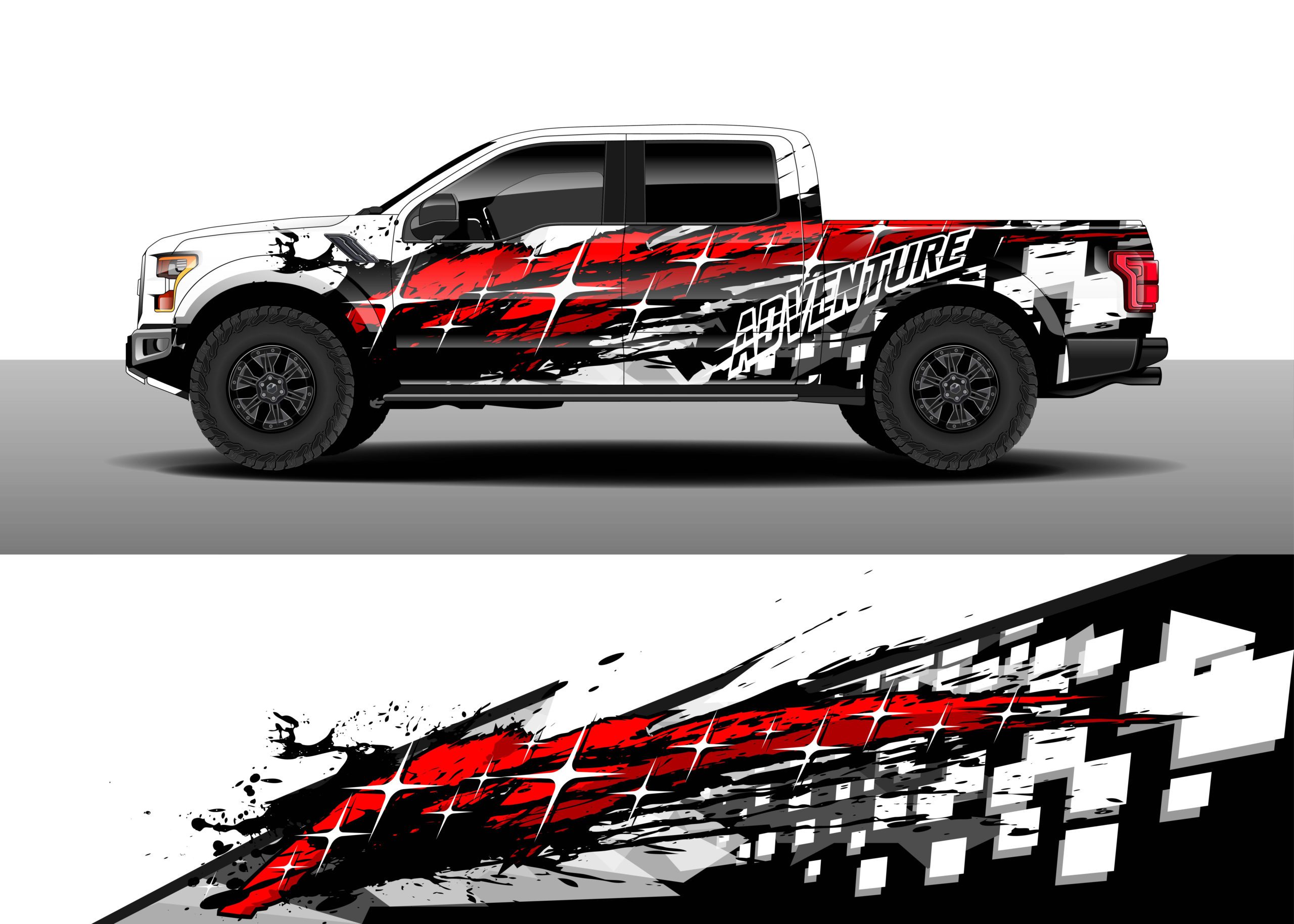Vinyl wrap materials used for automotive and most out of doors applications are usually considered water resistant or water-repellent, but they aren't utterly waterproof. Here's what you have to know:
Water-Resistant: High-quality vinyl wraps, especially those designed to be used on autos and outside signage, are engineered to withstand moisture and water exposure. They have a protective layer or end that helps prevent water from penetrating the material.
https://unitechapplications.com/ : Vinyl wraps can stand up to exposure to rain, dew, and occasional splashes with out being significantly affected. They are designed to repel water, which means that water will bead up on the floor rather than being absorbed into the material.
Not Submersion-Proof: Vinyl wraps aren't supposed for submersion in water. Submerging a vehicle with a vinyl wrap or extended exposure to standing water can doubtlessly compromise the adhesion of the wrap and result in injury or peeling.
Edges and Seams: Pay special consideration to the sides and seams of a vinyl wrap. Water can seep into gaps or areas where the wrap just isn't fully adhered, potentially causing lifting or harm over time. Proper set up by a skilled professional is essential to attenuate these dangers.
Maintenance: Regular upkeep, together with cleansing and drying the wrapped surface, may help extend the life and look of the vinyl wrap. Avoid abrasive cleaning strategies that may scratch or damage the wrap.
Durability: The durability and water resistance of a vinyl wrap can vary relying on the standard of the material and the manufacturer. High-quality forged vinyl wraps are identified for their durability and talent to withstand the weather, including publicity to water.
Clear Protective Films: For added safety towards water, some vehicles have clear paint protection films (PPF), that are designed to be waterproof and supply an extra layer of safety for the underlying paint.

It's essential to notice that whereas vinyl wraps can resist moisture, they are not a substitute for correct maintenance and care of your car or the surface to which they are utilized. For example, frequently drying a wrapped vehicle after publicity to rain or washing it could possibly assist protect the appearance and longevity of the wrap.
If you've concerns about water exposure, notably for high-impact areas just like the front of a car, you may think about making use of a transparent paint safety film (PPF) in addition to the vinyl wrap. PPFs are specifically designed to protect in opposition to stone chips, scratches, and different injury while sustaining water resistance..
